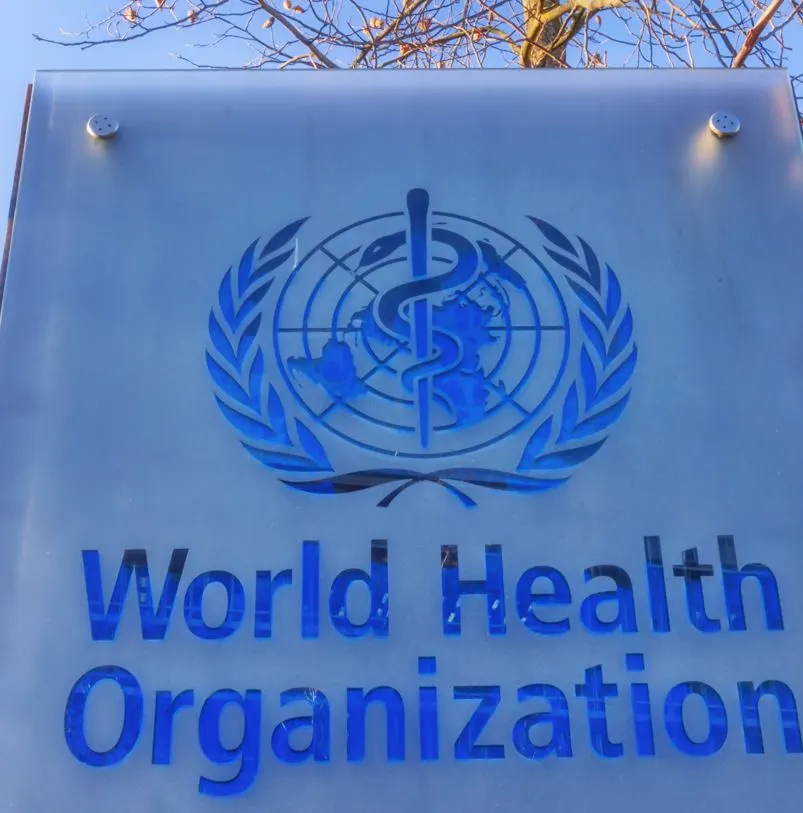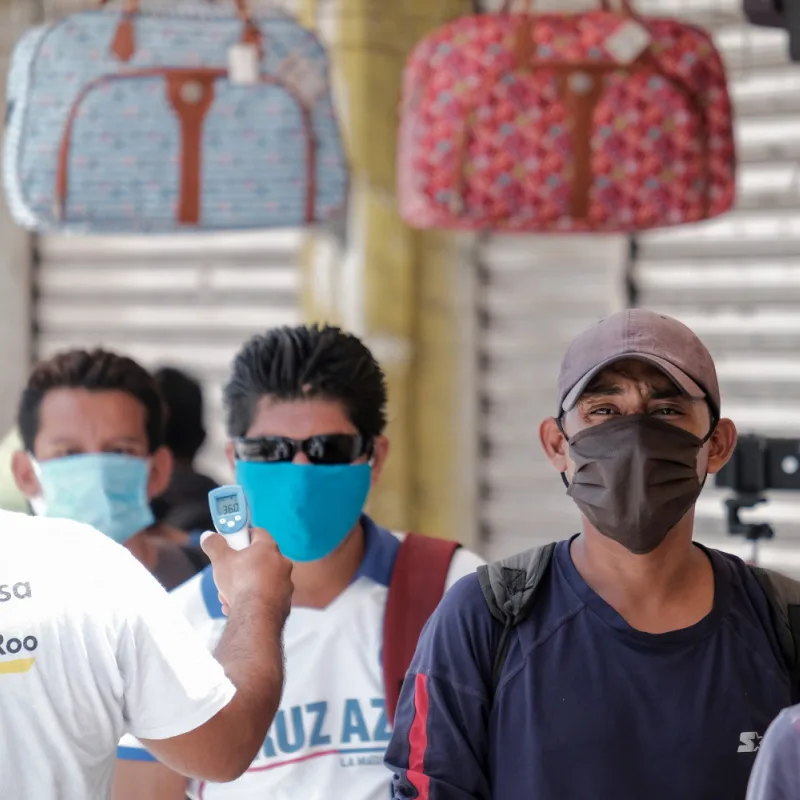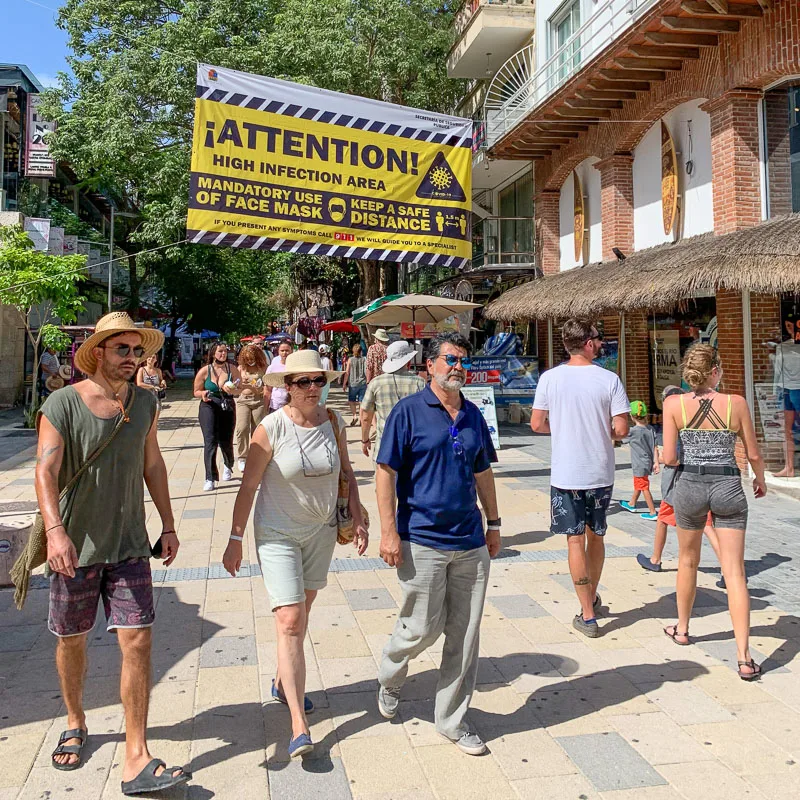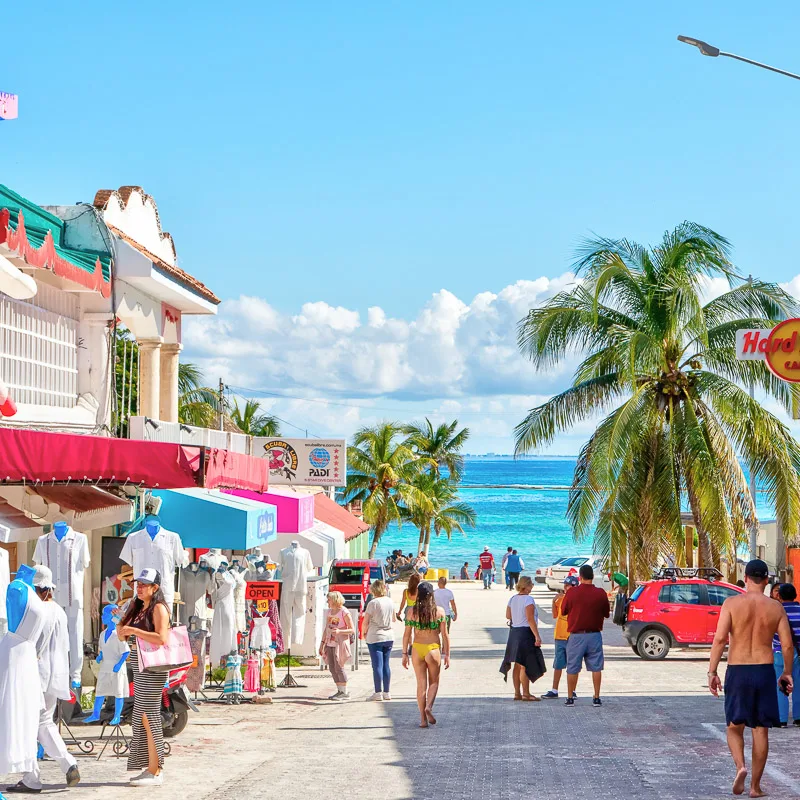On Monday morning, the Secretary Of Health of Quintana Roo stated that the first case of Monkeypox had appeared in the state. The Institute of Epidemiological Diagnosis and Reference (InDRE) confirmed that a man had first exhibited symptoms of the disease on July 11th, including skin lesions, a low-grade fever, and headaches with muscle pain. The patient is now in isolation and reported to be in a stable condition.

Quintana Roo’s State Health Services have since communicated to the public via social media and news outlets that a case of Monkeypox is present in the state:
The Monkeypox illness is a viral infection, which can spread from animals to humans, as well as from person to person. The World Health Organisation (WHO) has reported that symptoms are typically mild, including fever, headaches, muscle aches, swollen lymph nodes and low energy. Patients can also develop rashes and lesions over their bodies. Whilst most patients only experience symptoms for a few weeks, individuals with underlying medical conditions, or newborn infants can become seriously ill or die from the virus.

To prevent catching Monkeypox, tourists visiting Quintana Roo and residents of the state are encouraged to be mindful of personal hygiene and maintain Covid-19 practices to reduce the chance of infection. This includes maintaining social distancing practices and handwashing regularly. It is important to note that as this is only the first case in Quintana Roo, visitors to the state are able to continue their summer vacations as planned, as the patient is in complete isolation.

In light of the response to the Covid-19 pandemic, Cancun and greater Quintana Roo healthcare systems are well-prepared if an outbreak of Monkeypox was to occur. The Secretary of Health for Quintana Roo, Alejandrea Augirre Crespo, indicated that the state currently monitors several diseases found in both the state and around the world. The State Secretary Of Health (SESA) actively monitors several viral diseases including Zika and Dengue fever, as well as investing thousands of dollars into research into the most recent cases of Monkeypox globally.

Monkeypox is not the only virus that visitors to Quintana Roo should be worrying about this summer. At the end of last month, over 1,800 Covid-19 infections were recorded in the space of a week, despite Mexican President Andres Manuel Lopez Obrador advocating for the continued use of face masks when indoors.
The rise in infection rates comes after an influx of tourists have entered cities in Quintana Roo for their summer vacations, most notably Cancun, Playa del Carmen and Tulum.

This prompted the CDC to register Quintana Roo as a ‘Level 3’ state in Mexico, for high levels of Covid-19 transmission between inhabitants and tourists.
In total, Mexico has only reported 48 cases of Monkeypox with the majority of cases concentrated in the cities of Puerto Vallarta, Jalisco and Mexico City. At this time, health experts agree that the level of Monkeypox cases in the country is fairly low compared to other cities in North and South America and that there is little chance of it developing into a pandemic similar to Covid-19.

Health authorities have urged citizens and tourists to remain calm and continue their day-to-day activities. More information on the spread of the diseases and preventative measures are set to be released in the coming week. For now, visitors to Quintana Roo are reminded to make a report to health experts if they think they experience any of the symptoms of Monkeypox. Individuals experiencing rash-like symptoms should isolate from others until they have been tested.
Plan Your Next Cancun Vacation:
Traveler Alert: Don’t Forget Travel Insurance For Your Next Trip!
Choose From Thousands of Cancun and Riviera Maya Hotels, Resorts and Hostels with Free Cancellation On Most Properties
↓ Join the community ↓
The Cancun Sun Community FB group has all the latest travel news, conversations and tourism Q&A’s for the Mexican Caribbean

Subscribe to our Latest Posts
Enter your email address to subscribe to The Cancun Sun’s latest breaking news affecting travelers, straight to your inbox.
